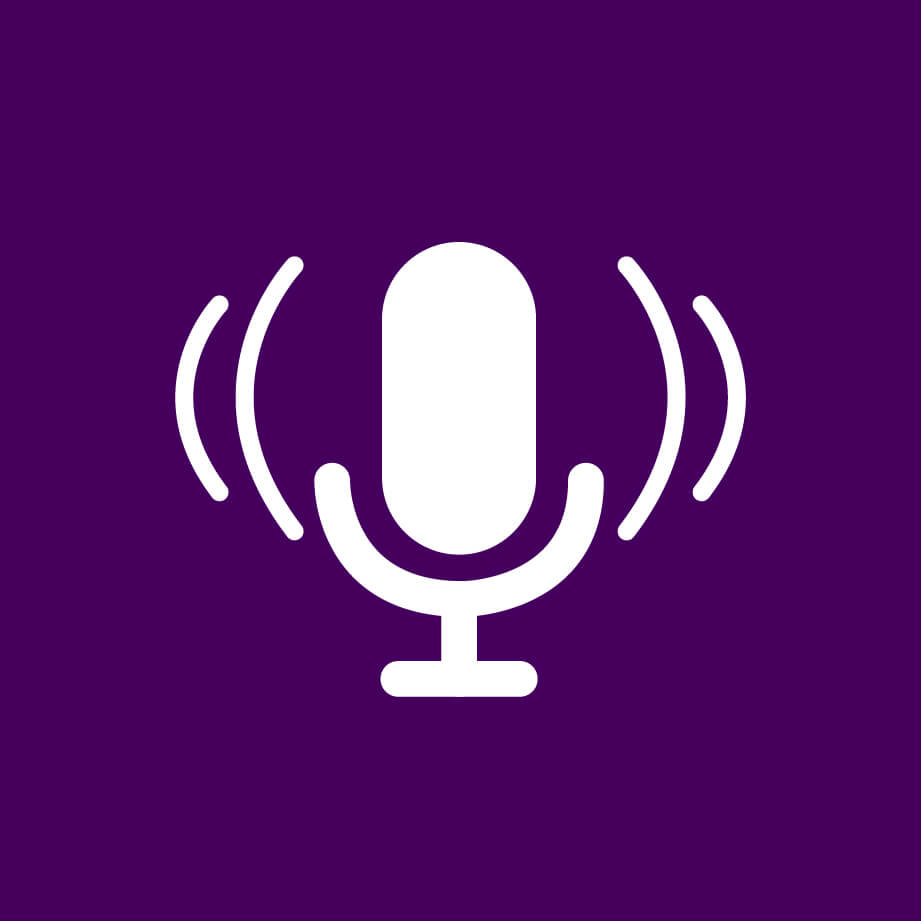This QAA Collaborative Enhancement Project posed a critical enquiry into what is termed the ‘mysterious quotients’ of commonly used undergraduate assessment terms and phrases.
Background
The maintenance of national standards across the higher education sector relies upon alignment by each higher education provider of their local standards with the descriptors set out in the Framework for Higher Education Qualifications.
Concerns around a lack of consistency and a perceived trend towards grade inflation has resulted in the Advance HE Degree Standards Project which provides professional development for external examiners in their role of safeguarding
national standards, and promotes opportunities for the calibration of standards through social moderation activities between academics.
However, a sector-wide shared understanding of the language of assessment and standards amongst academics does not automatically apply to students - for them, this language often remains unintelligible.
It is important for students to understand how the national standards are applied in the context of their discipline and programme. What must they do, and ‘what does good look like’ in relation to the assessments
they are asked to undertake?
The project team conducted extensive field research including surveys, interviews and focus groups with staff and students to inform the development of a toolkit to support dialogue, transparency and shared responsibility in the assessment processes.

